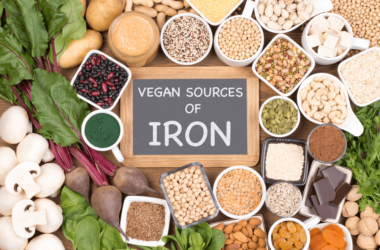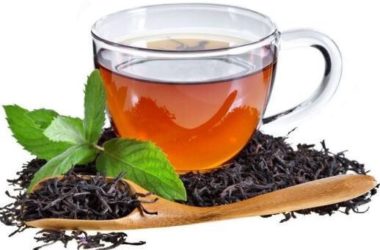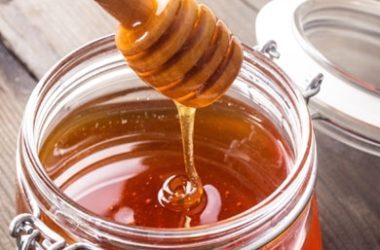Lutein is a type of antioxidant, in particular a carotenoid that gives certain fruits and vegetables their beautiful colors. And speaking of colors, lutein is something that helps you see all sorts of them. That’s because lutein is known to help keep your vision intact. Aside from saving you from losing your sight, the said antioxidant is also scientifically-proven to help maintain the health of your skin, brain and cardiovascular system.
There is no denying how important your eyesight is. It’s something that you heavily depend on when driving to the office, reading the newspaper, watching a blockbuster movie or painting a floral masterpiece. You can’t even read this article without it! From a homemaker to a brain surgeon, everyone should supply their bodies with lutein in order to keep the vision in a really good condition.
Since the body cannot produce its own stash of lutein, it is important to include lutein-rich foods in one’s daily diet. There are also numerous lutein supplements available on the current market. Experts say that lutein stores in the body tend to wane off as you age. Smoking and menopause also reduce amounts of lutein. Constantly obtaining lutein from the diet or via supplementation, as you can see (pun intended), is important.
Before we discuss the food sources of lutein, let us first tackle some of the health benefits that this very important antioxidant is known to bring:
Lutein Prevents Age-Related Macular Degeneration
Earlier, it was said that the levels of lutein in the body diminish with the passing of time. It’s important to maintain the right amounts of lutein most especially in the macula, an important part of the retina which is a layer of light-sensitive cells found at the interior of the back of your eyes. Without enough lutein, the macula degenerates — a condition known as macular degeneration. You don’t want this to strike because it is a common cause of vision loss!
It Also Helps Reduce Risk of Cataracts
Another age-related vision problem that lutein can help prevent is cataract, a condition wherein the clear lens of the eyes becomes opaque or cloudy, leaving the vision blurry and the eyes sensitive to light and glare. Aging is not the only cause of cataracts, but also trauma to the eye, use of cortisone medications, diabetes and other diseases. Numerous studies have revealed that individuals with high levels of lutein were less likely to have cataracts.
The Antioxidant Keeps the Skin Young-Looking
Because lutein is an antioxidant, it can help protect the skin cells from being damaged by free radicals. Skincare experts say that lutein also helps prevent the unnecessary oxidation of lipids and oils, both of which are important for keeping the skin soft and wrinkle-free. The anti-aging properties of lutein do not stop there: it is said that the antioxidant also helps safeguard the skin cells from being damaged by UV rays as well as environmental pollutants!
It’s Capable of Promoting a Healthy Cardiovascular System
Lutein helps prevent high blood pressure by keeping the levels of bad cholesterol in check. It does so by putting off the oxidation of fat and cholesterol in food, thus keeping them out of the bloodstream and arteries. What’s more, the amazing antioxidant properties of lutein help in warding off the thickening of the arteries, something that is referred to as atherosclerosis in the medical world.
Lutein is Also Very Good for Your Brain
Recent studies have shown that lutein is also important for the proper functioning of the brain. Experts found out that one of the most dominant carotenoid in the brain is lutein, which helps facilitate all sorts of neural functions. Learning is not the only one that can be improved by lutein, but also the memory. If you want to remember and recall all those wonderful scenery that your eyes see, keep your brain in tip-top shape with the help of lutein.
Now that you know some of the health benefits offered by lutein, it’s time to get yourself acquainted with lutein-rich foods. Have the following included in your daily diet to keep your body’s lutein levels optimum:
- Dark green leafy vegetables such as kale, mustard greens and spinach.
- Brightly-colored vegetables like squash, carrots, broccoli and iceberg lettuce.
- Orange, red and purple fruits including papayas, peaches, oranges and cherries.













